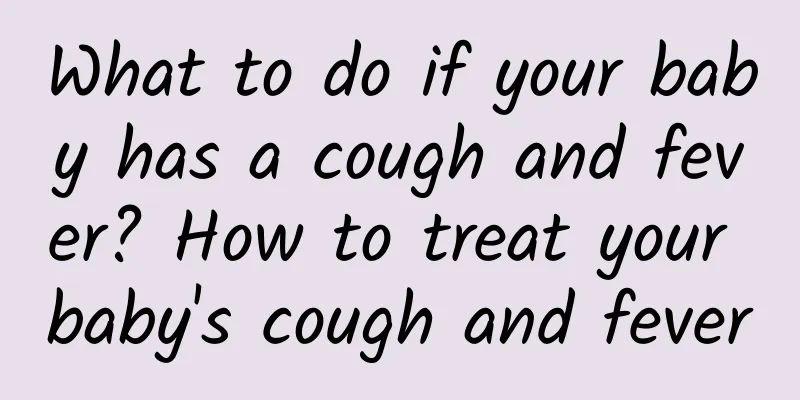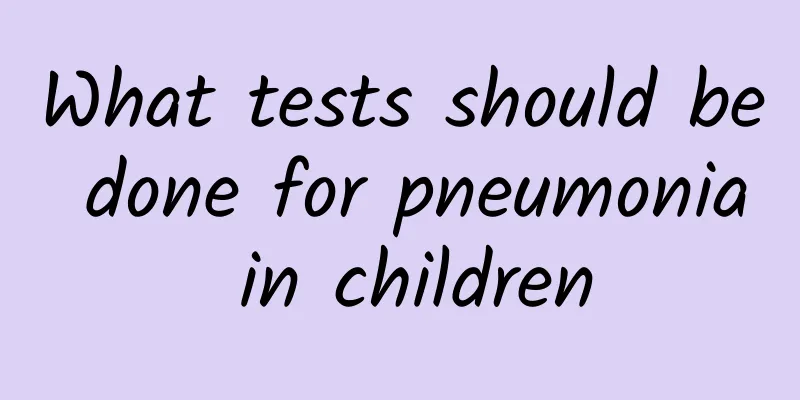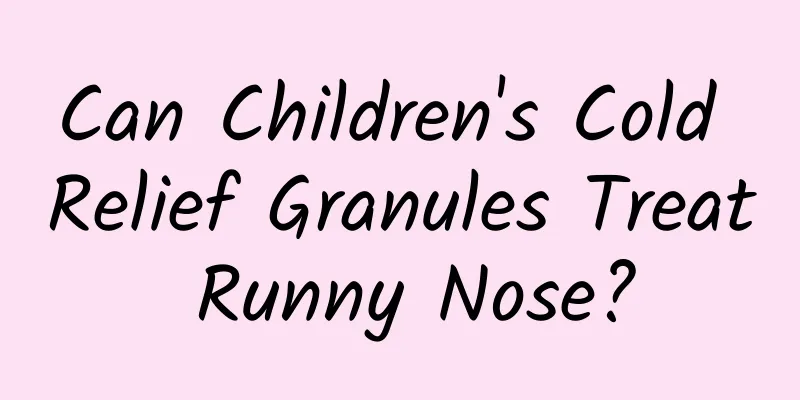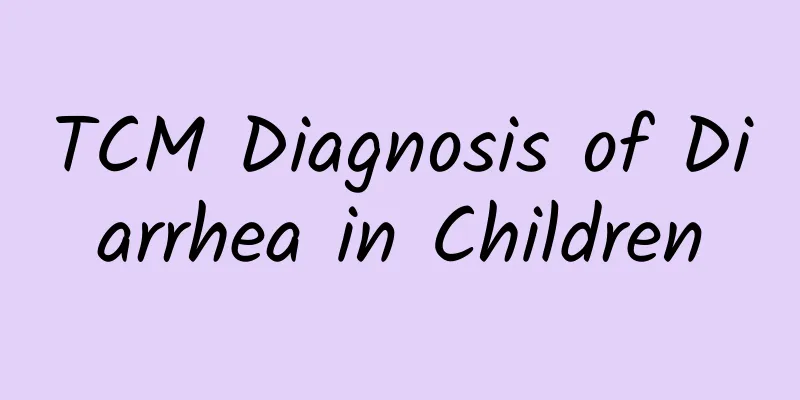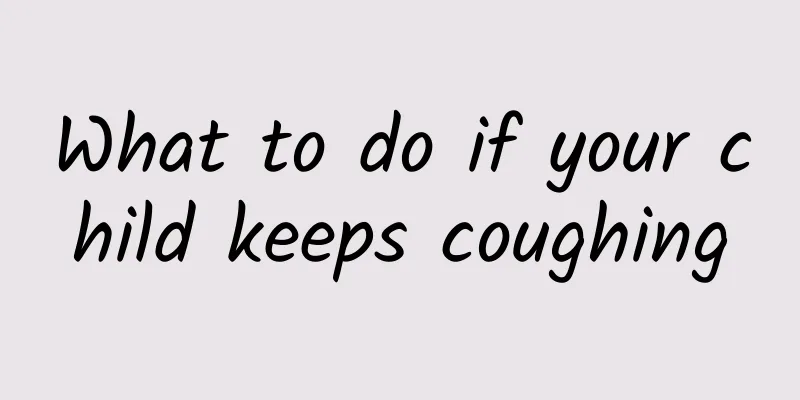Treatment for eczema in children
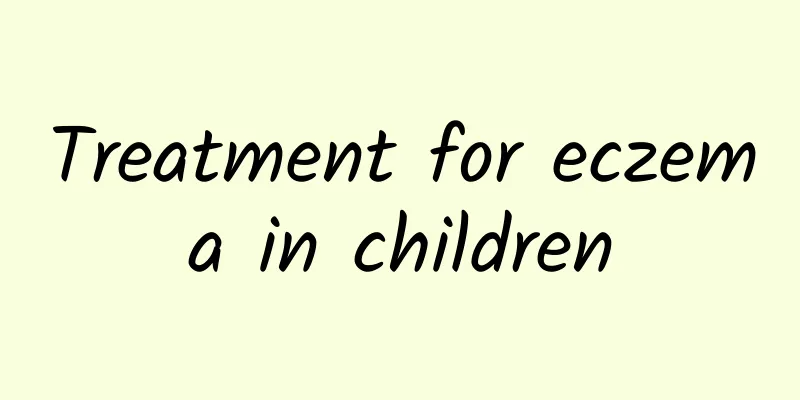
|
Children with eczema require careful care from their parents. If the condition is serious, they should seek medical attention as soon as possible to avoid delaying treatment. Eczema is a common skin problem in infants and young children, usually manifested as skin redness, itching, exudation or scabs, and many babies may develop eczema a few weeks after birth. Although the specific cause of eczema is not completely clear, it is closely related to genetics, immature immune system and environmental stimulation, such as allergens, weather changes or excessively dry skin. There are a variety of care options for eczema that can help relieve your baby's discomfort. For mild eczema, keeping the skin clean and moisturized is key. Use warm water every day to bathe your baby, but not too hot, and keep the bath time to 5-10 minutes each time to avoid irritating the skin. Immediately after the bath, apply a children's moisturizer all over the body to lock in moisture. If your baby has skin allergies, choose a hypoallergenic, fragrance-free moisturizer. Keep your baby away from items that may cause allergies, such as animal hair, chemical cleaners, or certain clothing materials. There are also some precautions in terms of diet and environment that may help improve eczema. Breastfeeding mothers can observe whether their diet contains foods that their babies may be allergic to (such as dairy products, seafood, etc.); after starting complementary foods, they can gradually try new ingredients and pay attention to whether there are signs of worsening eczema. The air at home should be kept moist, and a humidifier can be used appropriately to avoid high room temperatures. At the same time, it is best to choose pure cotton materials for baby's close-fitting clothes, which are both breathable and soft to avoid irritating delicate skin. If your baby's eczema is severe, such as large areas of redness and swelling, exudation, or itching that causes sleeplessness at night, you need to take your baby to the hospital for evaluation. The doctor may prescribe topical ointments (such as steroid-containing drugs) or antihistamines to relieve severe symptoms. Parents should use the medication strictly according to the doctor's instructions and avoid increasing or decreasing the dosage at will to avoid harming the baby's skin. |
<<: What is the cause of recurrent jaundice in newborns?
>>: Daily care of acute laryngitis in children
Recommend
How to care for children with pneumonia
Many diseases may occur in the neonatal period, a...
How many people can hand, foot and mouth disease infect?
How many people can hand, foot and mouth disease ...
How many days is the incubation period before the onset of hand, foot and mouth disease in children?
The incubation period of hand, foot and mouth dis...
What medicine is good for treating a child's cough caused by measles?
Measles generally refers to the measles virus. Wh...
What are the symptoms of ADHD in children?
ADHD, also known as attention deficit hyperactivi...
What tests are needed for neonatal jaundice
What tests are needed for neonatal jaundice? When...
What kind of milk is best to drink in daily life? Drinking these 5 kinds of milk is good for your health
The best milk is mainly pasteurized milk, room te...
Early diet for children with pneumonia
What should you eat when you have pneumonia? The ...
What are the various diagnostic methods for Kawasaki disease?
Many children have weak constitutions, so they ar...
What are the treatment principles for acute laryngitis in children?
The treatment principles for acute laryngitis in ...
How to cure convulsions
I believe that everyone has heard of convulsions ...
What are the indicators of liver function for neonatal jaundice? What are the tests for neonatal jaundice?
Neonatal jaundice is a common neonatal disease in...
What to do if a child has tics that are cured but relapses
If a child has tics and the symptoms are relieved...
What to eat is good for nails What are the dietary methods that are good for nails
Nail malnutrition is actually a problem that many...
Are probiotics effective for neonatal jaundice?
Taking probiotics is beneficial to the treatment ...
